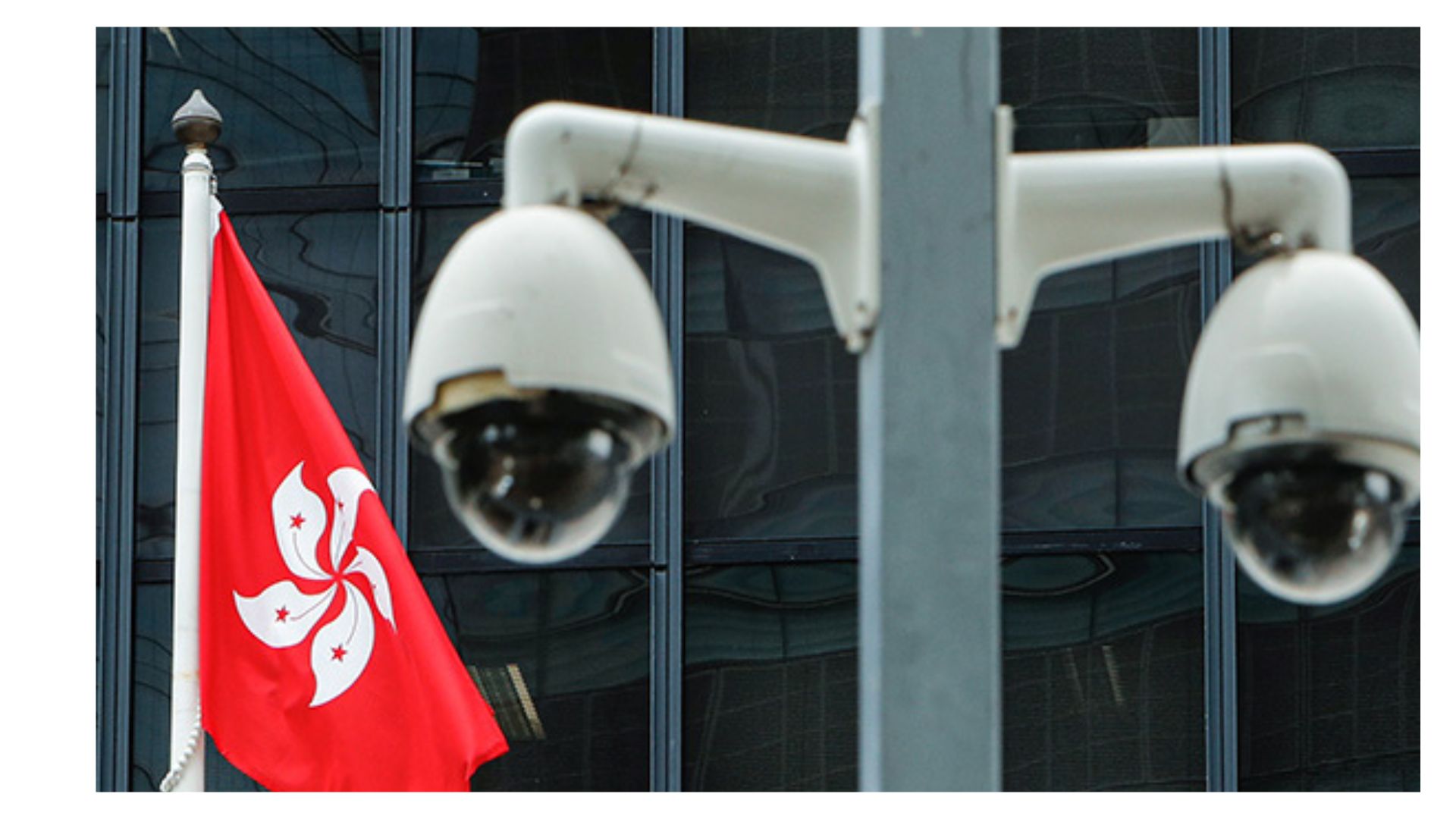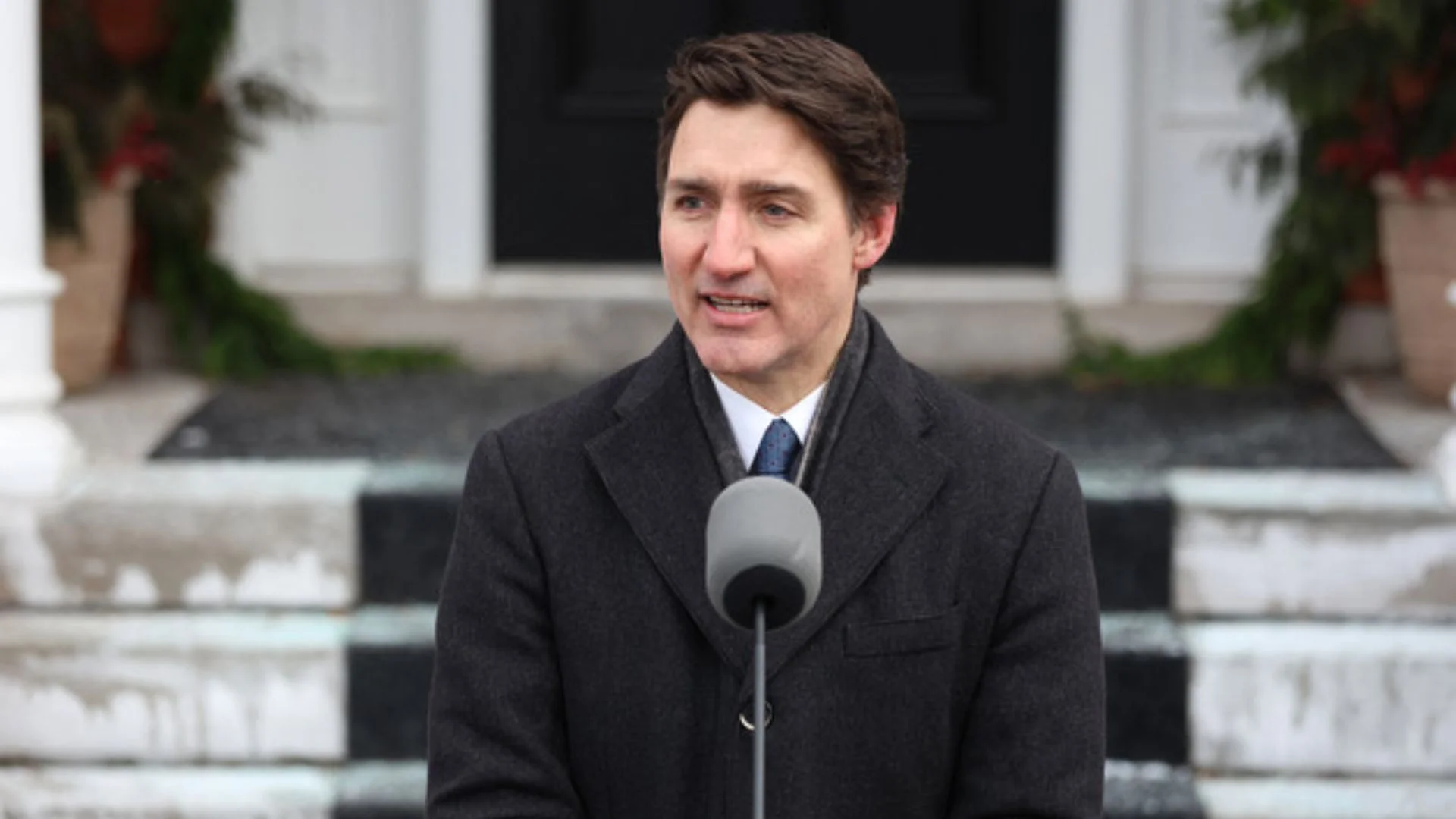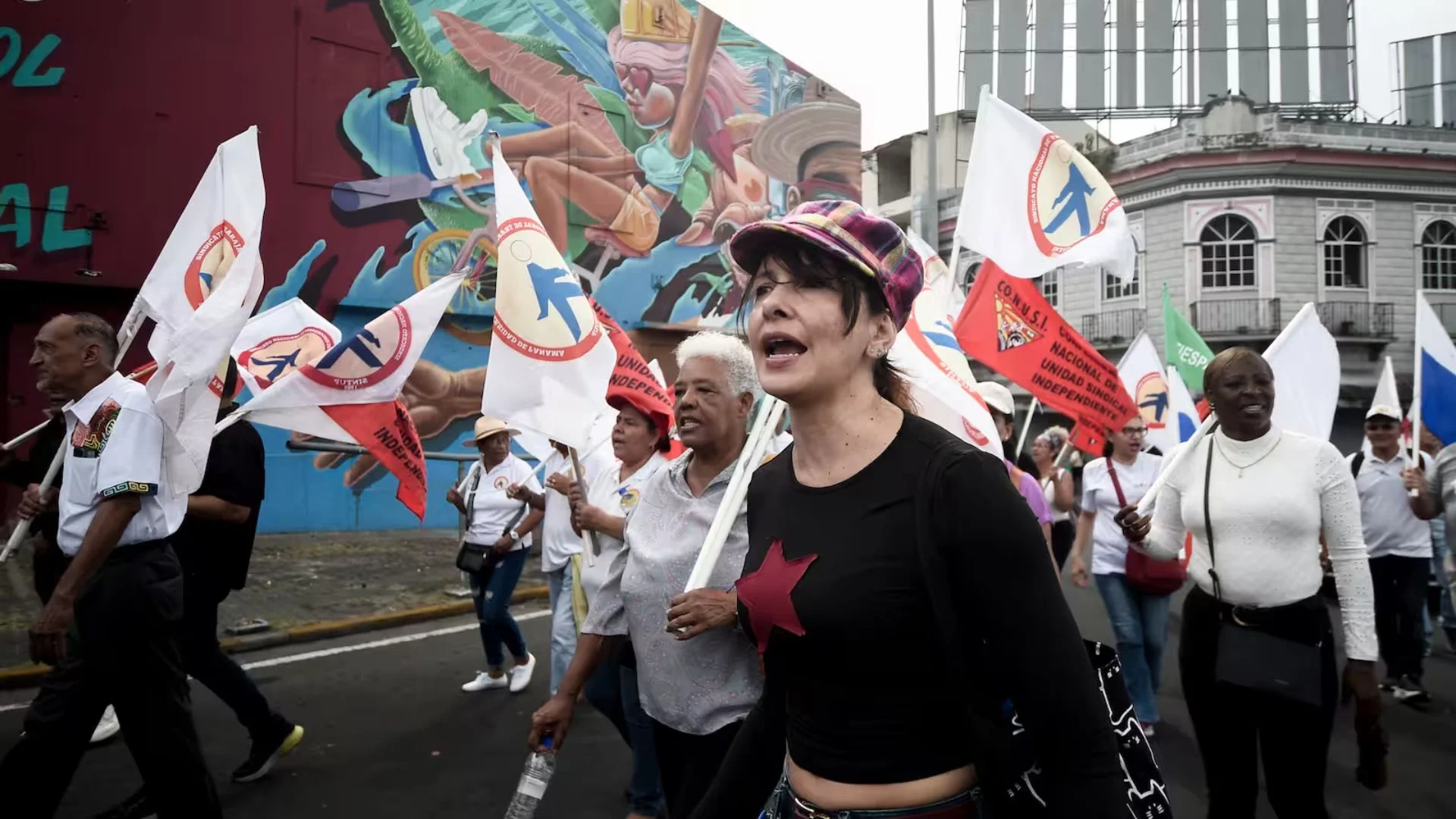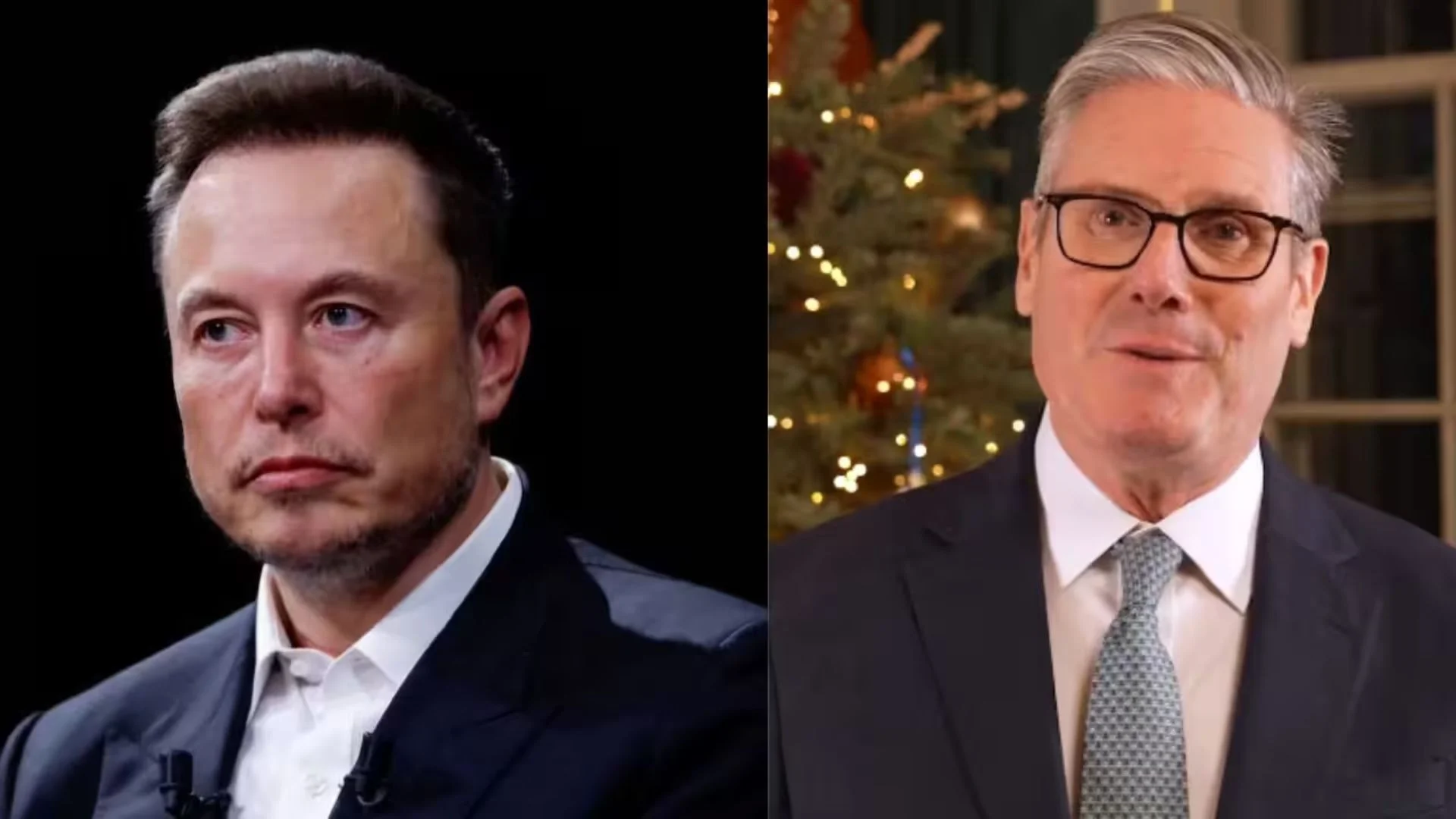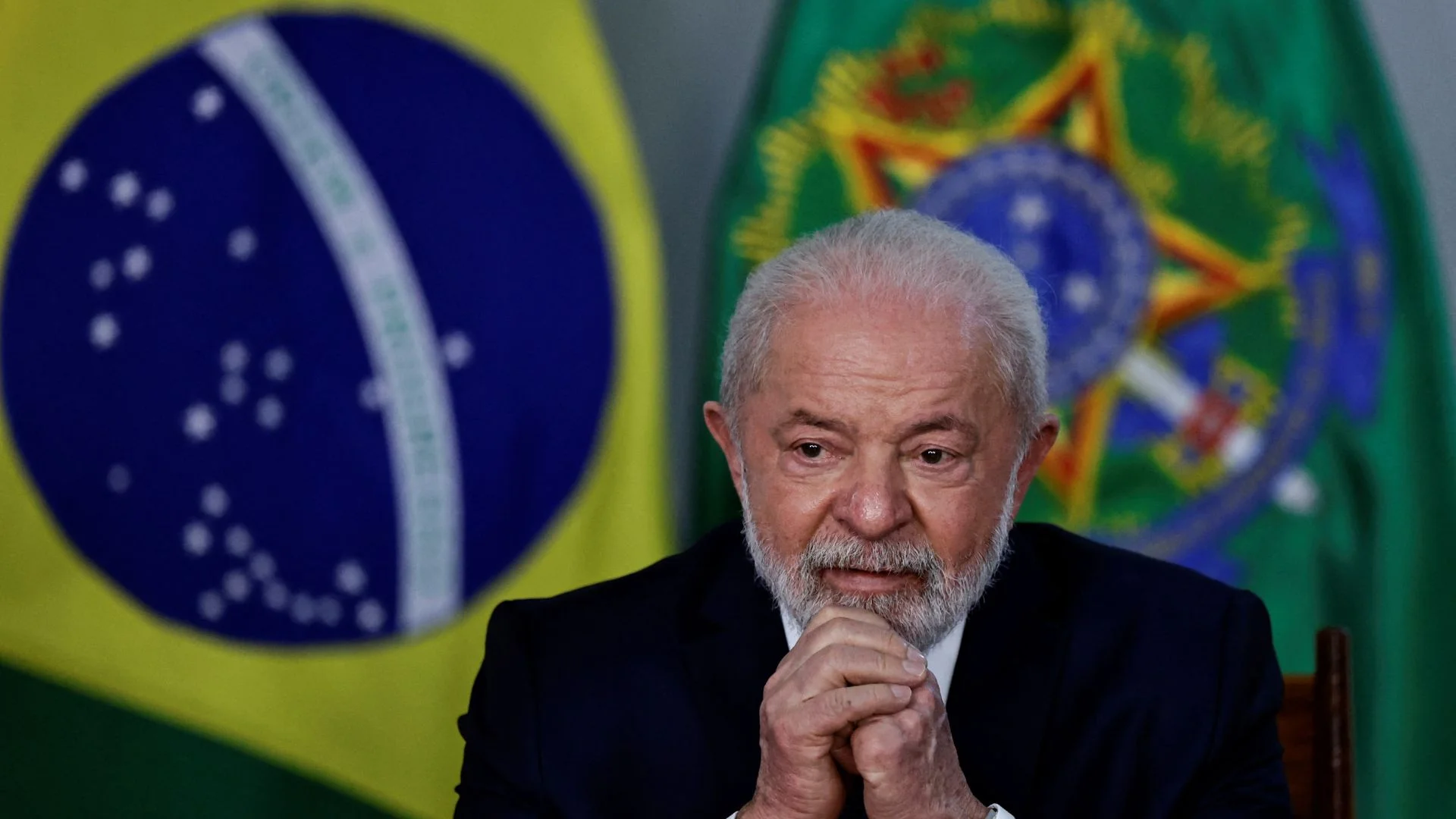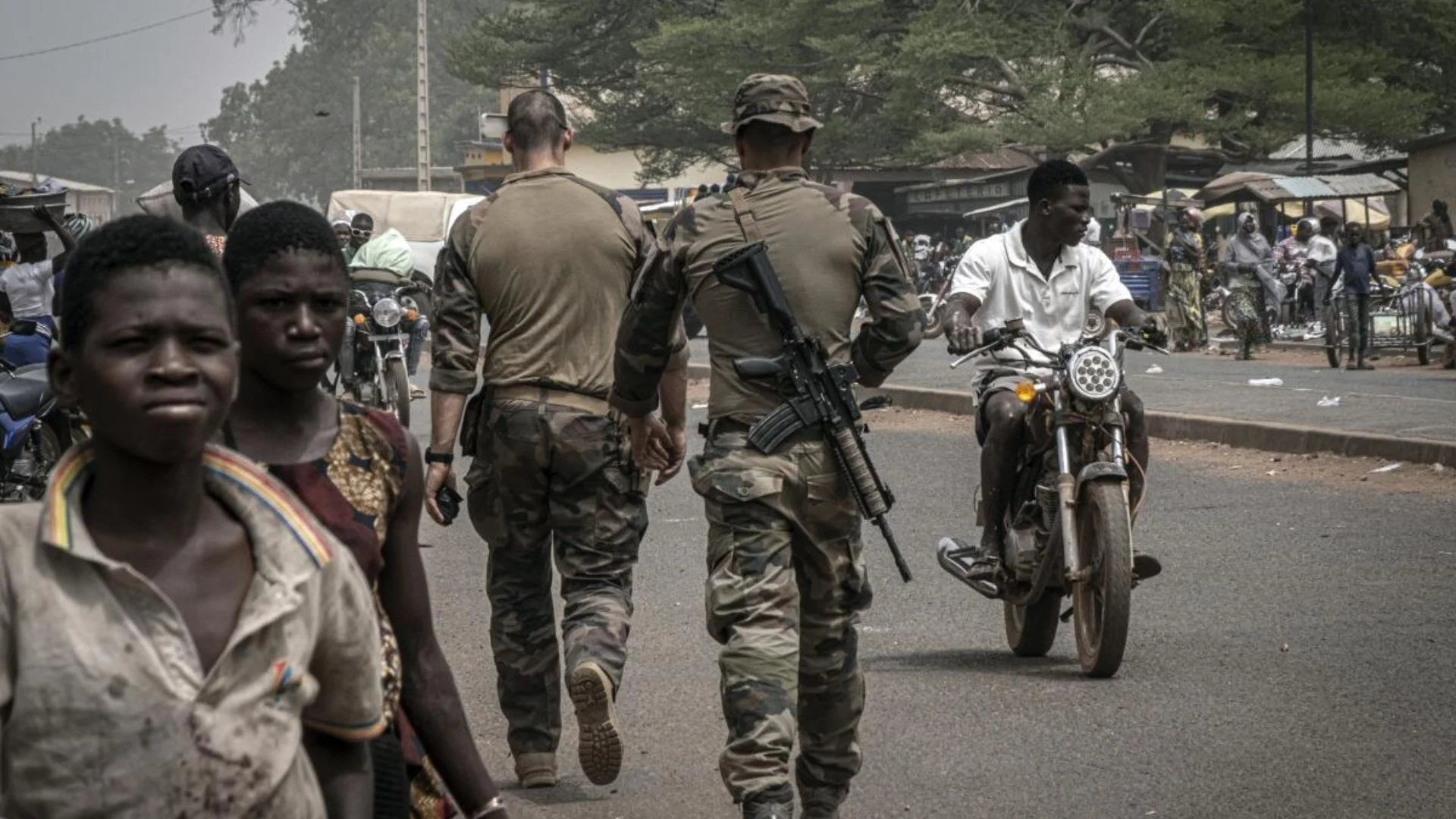Press freedom in Hong Kong has plummeted to its lowest level in over a decade, according to a recent survey by the Hong Kong Journalists Association (HKJA), reported Voice of America (VOA). The survey reveals a significant decline in media freedom, with current conditions ranking the lowest since the HKJA began its annual assessments 11 years ago.
The sharp deterioration in press freedom is attributed largely to the introduction of Article 23 earlier this year. This law, which criminalizes acts deemed as treason, secession, sedition, and subversion, imposes stricter penalties for sedition and places severe restrictions on media activities. According to Selina Cheng, chair of the HKJA, Article 23 has intensified the existing constraints imposed by the National Security Law enacted in 2020.
The HKJA’s survey, conducted in collaboration with the Hong Kong Public Opinion Research Institute, involved responses from 979 HKJA members and 1,000 randomly selected individuals. Journalists rated press freedom in Hong Kong at just 25 out of 100, while the public gave it a slightly higher score of 42. The drastic decline in scores reflects growing concerns about media suppression under the new legal framework.
The timing of the survey coincides with the recent denial of a work visa to journalist Haze Fan, highlighting ongoing issues with press freedom. The survey found that 92% of journalists believe that the Safeguarding National Security Ordinance (Article 23) has “significantly” impacted press freedom, exacerbating an already challenging environment for reporting.
Article 23, enacted in March, has elevated the penalties for sedition from two to seven years, and up to ten years if foreign forces are involved. Critics argue that the broad and vague definitions of “state secrets” under the law contribute to an atmosphere of uncertainty and self-censorship among journalists. Cheng expressed concerns that the law’s broad scope could criminalize reporting on a wide range of topics, including economic and technological information.
China’s Ministry of Foreign Affairs has insisted that the national security laws are not intended to target journalists who adhere to the law. However, the HKJA has noted a decrease in survey participation this year, which Cheng interprets as a sign of increased self-censorship and fear of retaliation.
Journalists have also reported increased pressure to conform to government guidelines. For example, Ming Pao’s chief editor recently urged columnists to be “prudent” and “law abiding” in their writing, reflecting broader trends of caution and self-censorship in the media industry.
Swedish journalist Johan Nylander commented on the situation, noting that the combination of the National Security Law and Article 23 has created an environment of fear and uncertainty. Hong Kong’s press freedom ranking on the World Press Freedom Index has dropped significantly, currently standing at 135 out of 180 countries, down from 73 in 2019. The decline underscores the growing challenges faced by media professionals in Hong Kong.

